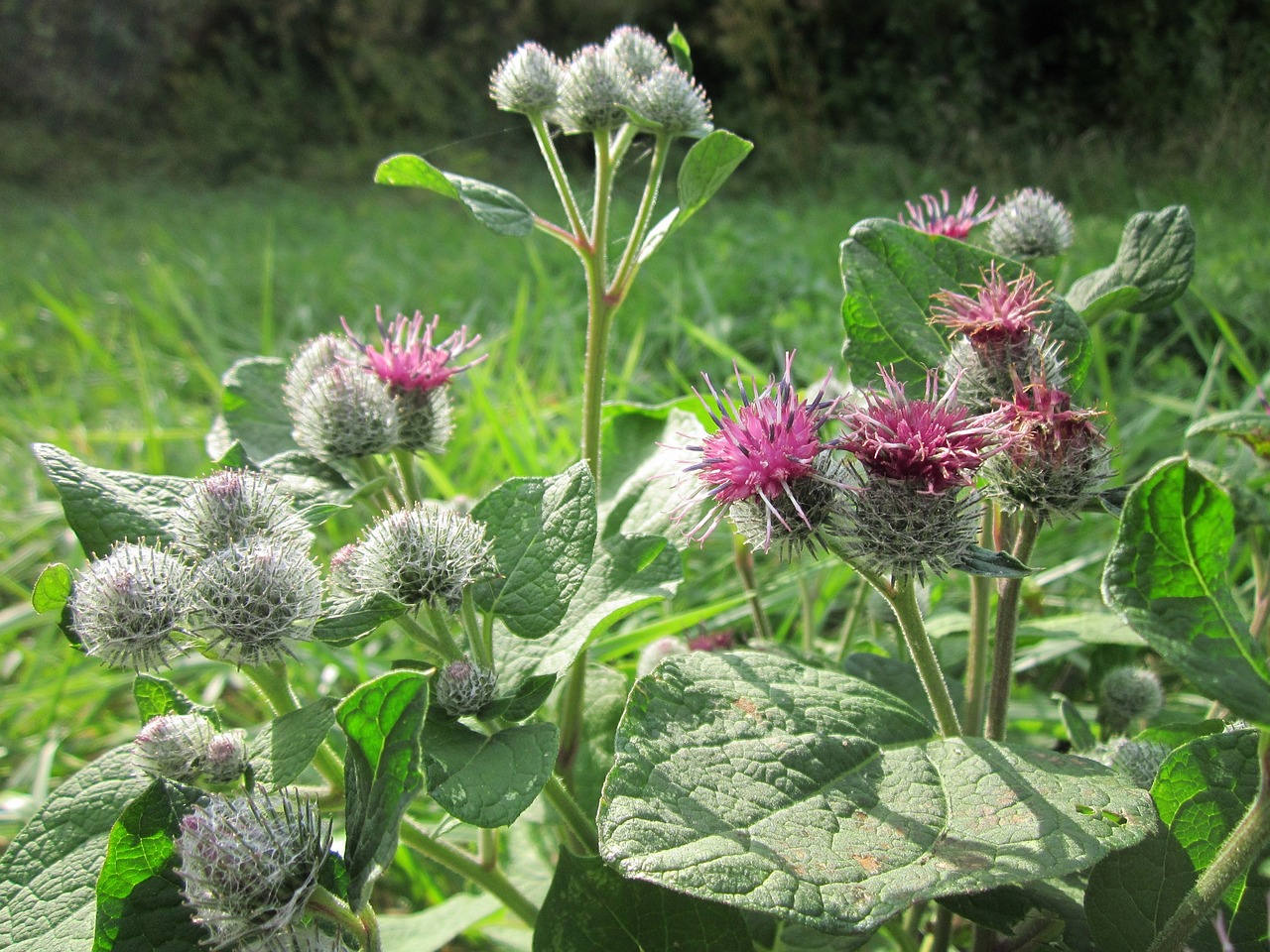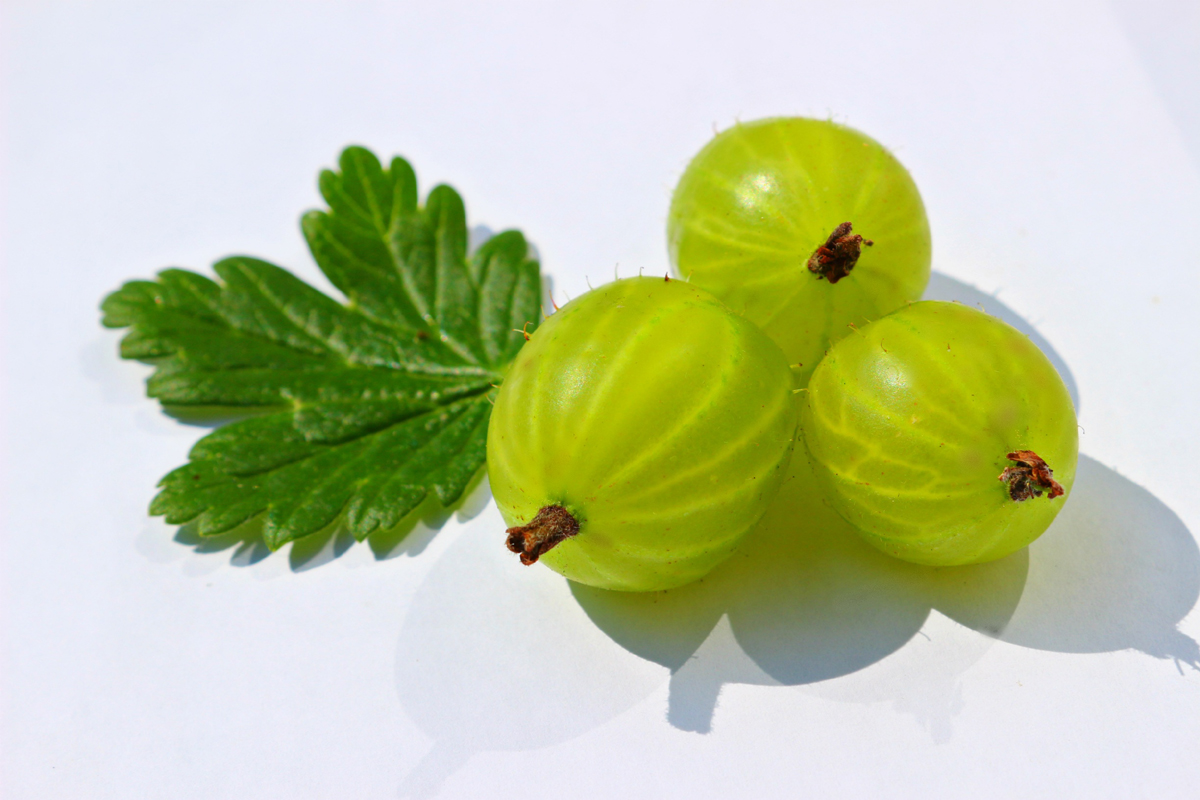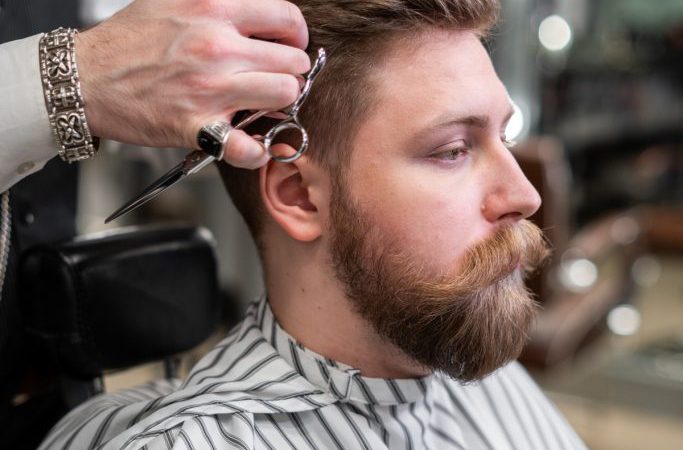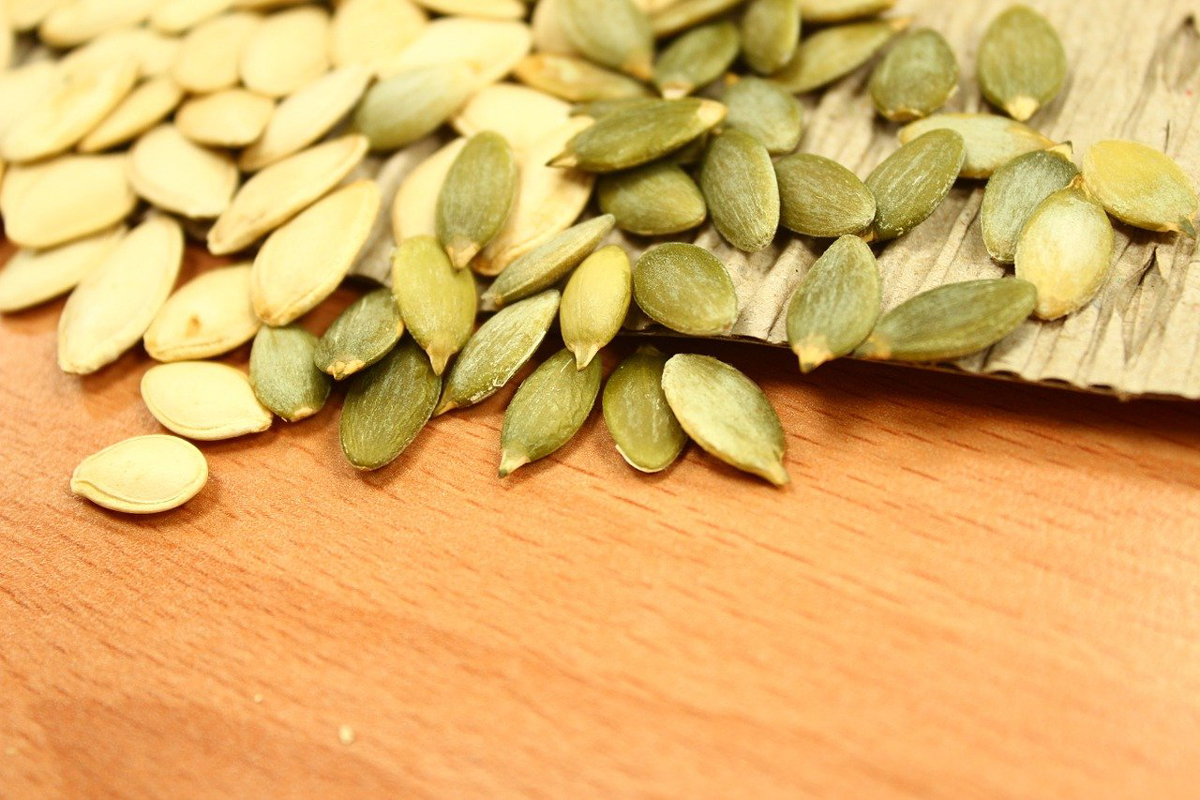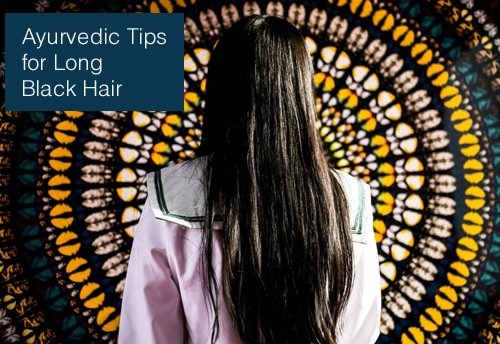Low on Cash? Dye Your Own Hair!
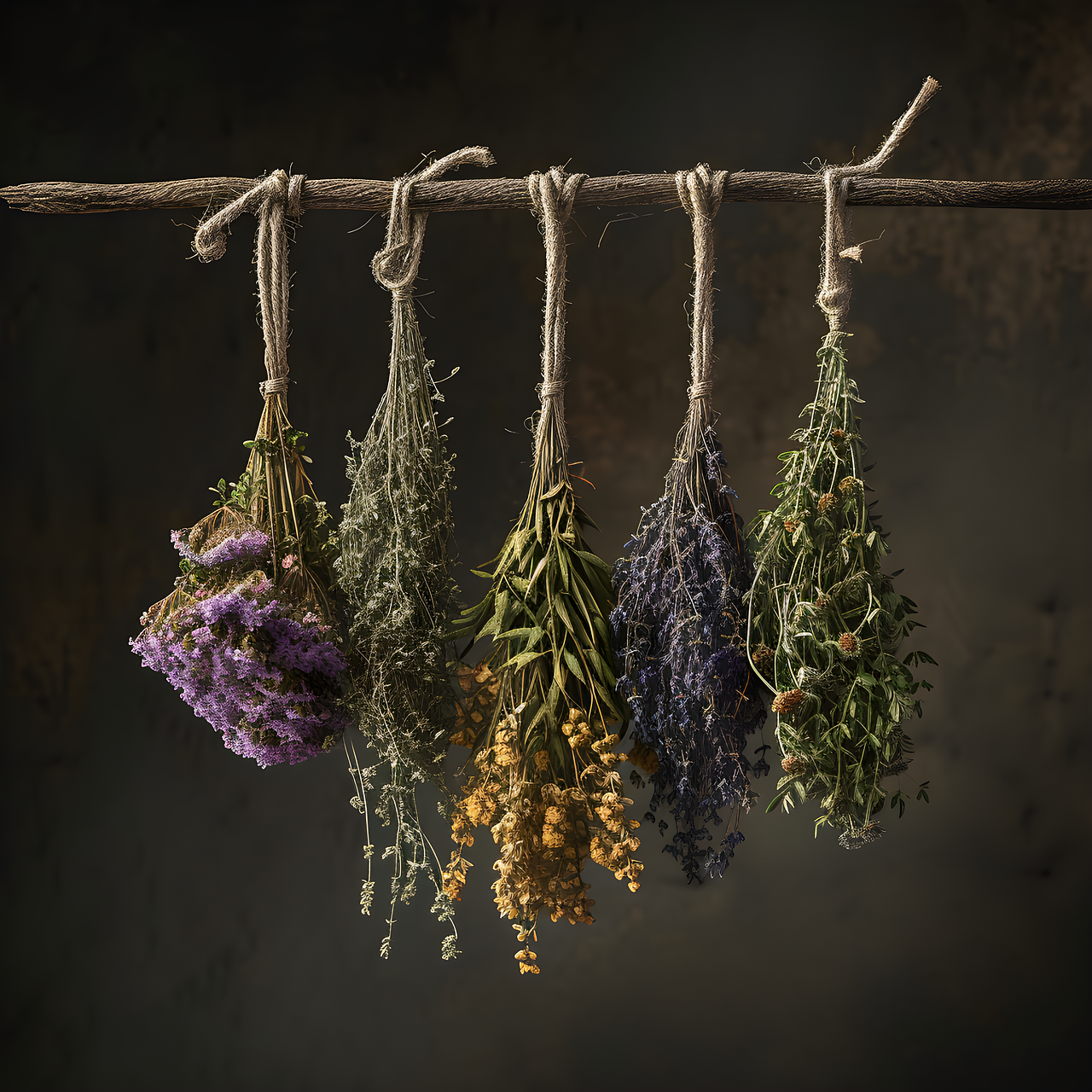
air dye is coming under more and more scrutiny, due to the toxic nature of some of the chemicals used. While these dyes can do wonders for how you look, there are some natural methods that might work as well without the toxicity problem.
Chamomile:
This is used most often for blond women, though it can add highlights to darker shades of hair. It may also encourage hair growth, though that aspect is still being studied. Drinking the tea can help you relax and make it easier to fall asleep at night.
Henna:
This plant will add red highlights to the hair, but use caution. It can also dye your skin with the same red highlights. Never use a product called “black henna” as it is not made from that source. It is an extremely toxic substance that will leave serious scars on whatever it touches.
Lemon:
Everyone can benefit from using lemon water on their hair. It can add highlights and may help stop dandruff. It is often mixed with other herbs to change the type of highlight wanted. Straight lemon juice will provide more of an effect, but should not be used daily. Lemon water can be used more regularly.
Marigold:
Like chamomile and lemon, this plant adds lighter highlights. It is mostly used by blonds, but other hair colors could benefit. Don’t drink marigold tea, as it could have some side effects and interactions. However, it can be used topically on cuts and scratches, due to a mild antiseptic property.
Mullein:
It is understood that this plant, mixed with lemon may help those with a difficult shade of red hair turn it to a more strawberry blond look. However, this is not proven so check with your hair dresser before experimenting. Mullein can also be used internally for coughs and sore throats. Many years ago, it was also used for asthmatics.
Rosemary:
If you would like your hair to be darker, rosemary is the plant for you. It even has a slight effect on gray hair. If you have high blood pressure, don’t consume rosemary, as it can cause it to go up.
Walnut:
This is a controversial dye, due to a constituent that can be dangerous. While the meat of the walnut is safe to eat, the rest of the tree contains juglone. This chemical can cause poisoning if too much is used. The sap from the green hull will stain anything, including hair, but it may not be worth the price. If you can avoid getting it on your hands and scalp, it may be safe. Talk to your hair dresser before using it.
All of these dyes can help save you money and give you a natural looking new hair color. Your wallet will thank you.
The Author:
Alternative-herbal-remedies
Photo. Iffany


